In Vedic tradition, a Yagya (also spelled Yajna) is a sacred ritual where offerings, typically food and other valuable substances, are made into a fire to honor the gods. This ancient practice, deeply embedded in Hinduism, is believed to please the divine forces and bring prosperity, peace, and fulfillment of desires to the person performing the Yagya, known as the Yajman.

The term “Yagya” comes from the Sanskrit phrase “Devotoddeshin Agnau Hvidravyatyago Yag:” meaning “the act of sacrificing lavish offerings into the fire for the gods.” It is more than just a ritual; it is a spiritual offering where the fire is seen as a link between the material and the divine. Through recitations of sacred mantras, the deity presiding over the Yagya is believed to fulfill the desires of the Yajman, helping them attain spiritual progress.
The Vedas, which are the oldest and most revered scriptures in Hinduism, were essentially created for the purpose of performing Yagyas. These sacred texts offer detailed guidelines on the procedures and significance of Yagyas. The Vedas are regarded as apaurusheya (not of human origin) and eternal, emphasizing the importance of Yagyas in the cosmic and human realms.
According to the Bhagavad Gita, “Tasman Sarvagatam Brahma Nityam Yagyapratistitam,” meaning that Yagya is a path through which individuals attain self-knowledge, divine power, and the strength of sacred mantras. Through regular practice, even those who have committed sins can attain purification and freedom from negative karma. As mentioned in the Mahabharata, the practice of Yagya not only uplifts individuals but also has a positive impact on the world at large.
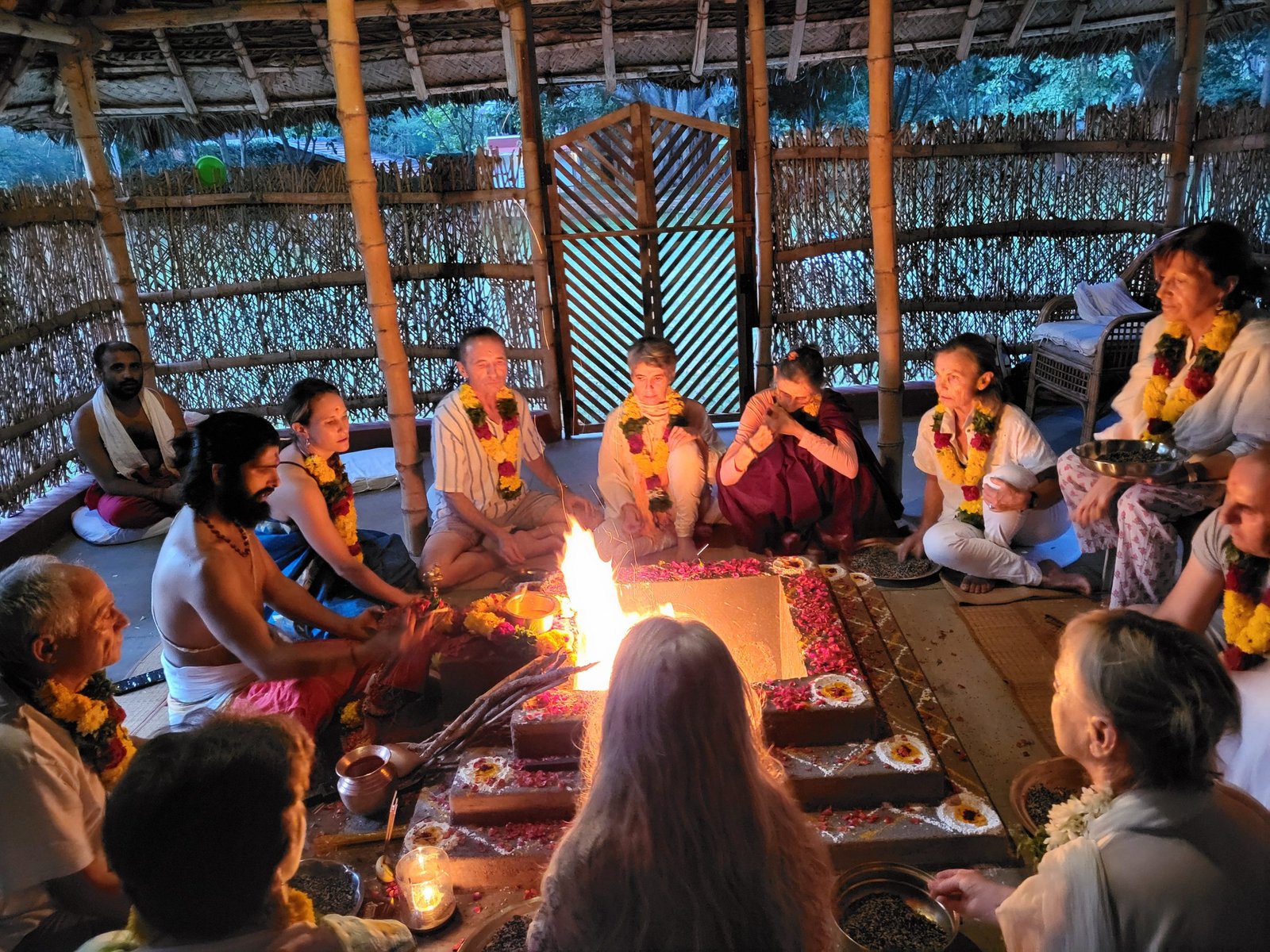
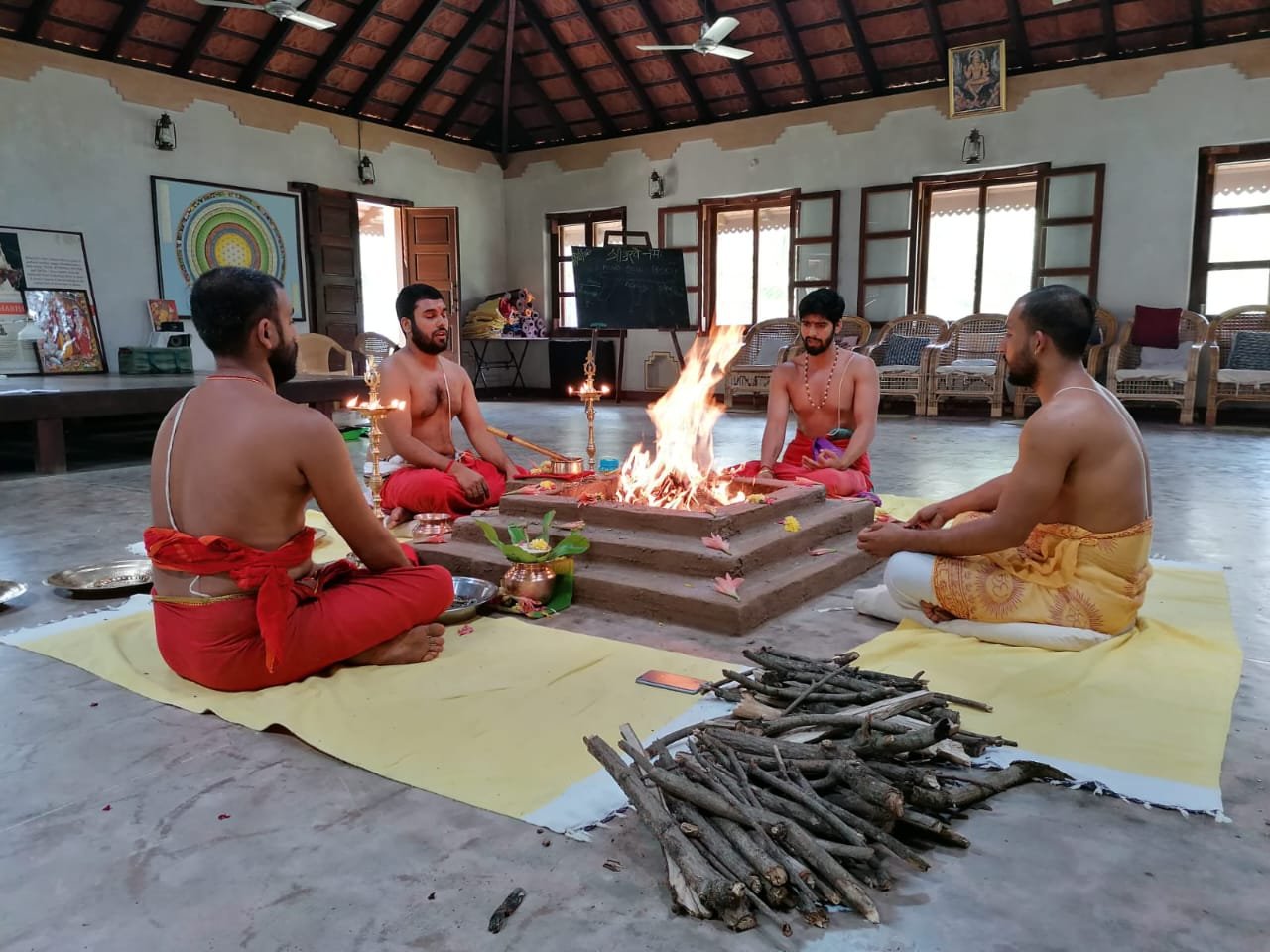
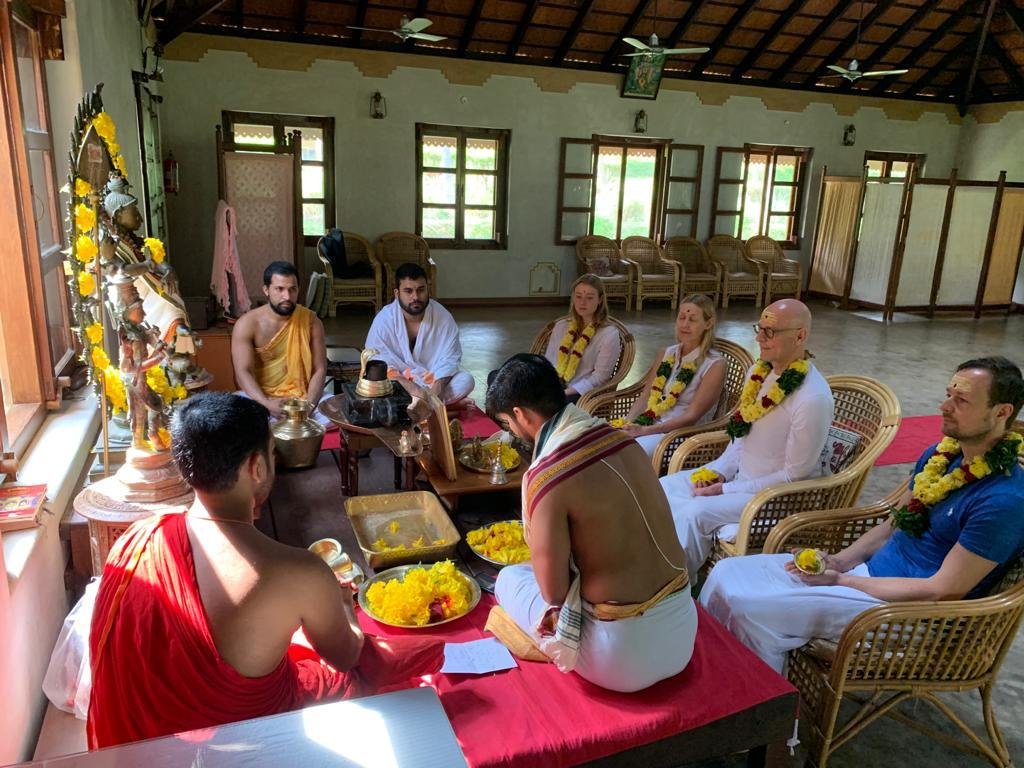
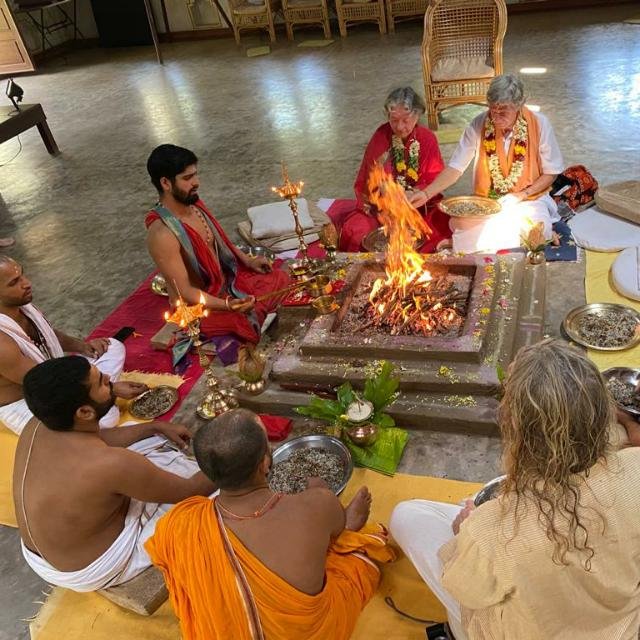
Yagyas are considered a powerful tool for bringing harmony to the world. When performed correctly, they please the gods and goddesses, who in turn grant blessings and ensure the smooth functioning of the universe. It is said that without Yagyas, the gods lose their strength, which could lead to the ultimate destruction of the world. The Vayu Purana states, “Yagyas destroy the decline of the gods,” emphasizing that the cessation of Yagyas would lead to chaos and disorder.
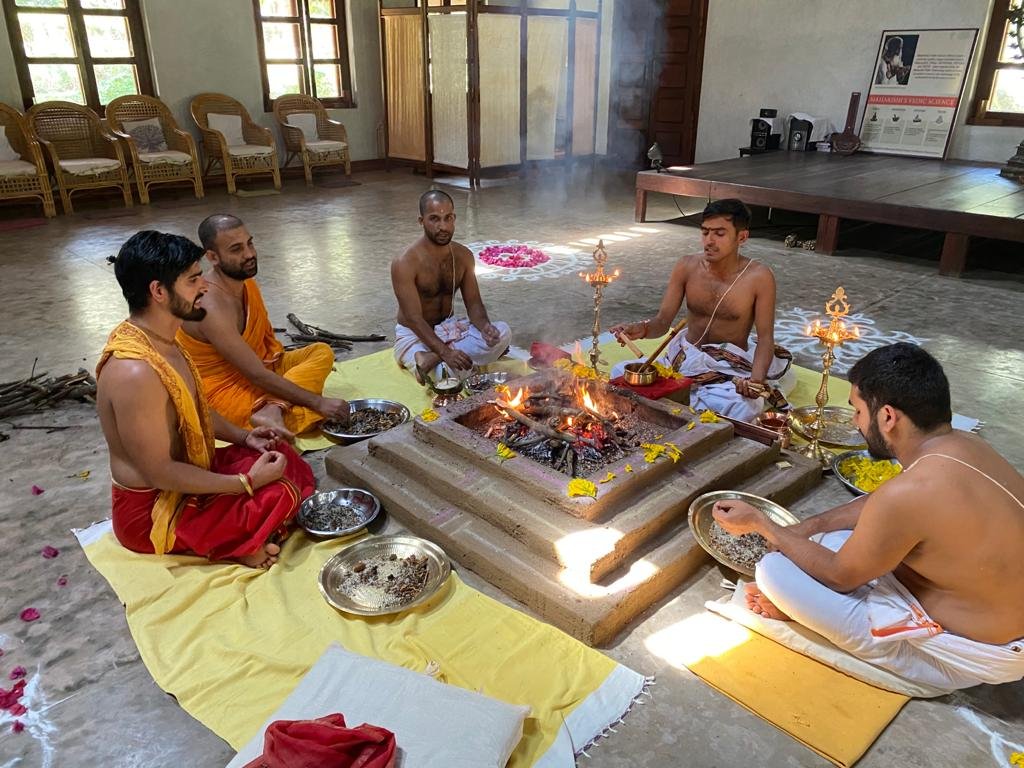
In the context of Yagya, Brahmins hold a special place as they are considered the earthly representatives of the gods. The Yagya Mimamsa describes two types of deities: the Brahmins among humans and the celestial gods. Brahmins, being born from the mouth of Virat Purusha (the cosmic being), are responsible for performing Yagyas and preserving Vedic knowledge. A Brahmin who conducts a Yagya must be well-versed in the Vedas, uphold virtuous behavior, and regularly chant the Gayatri Mantra.
Who Can Perform a Yagya?
Not all Brahmins are eligible to perform Yagyas. According to Vedic tradition, only those who have studied the Vedas under the guidance of a Guru (teacher), lead a virtuous life, and are well-acquainted with sacred texts can perform these rituals. These individuals must be dedicated to truthfulness, regular chanting, and meditation to be considered fit for performing Yagyas.
The Vedic Yagya and the Protection of the Universe
It is believed that the universe itself is sustained through the performance of Yagyas. According to ancient scriptures, the Vedas were gifted to Brahmins by the divine to ensure the protection and welfare of the world. By performing Yagyas, Brahmins help maintain the cosmic order and bring blessings to humanity.
Conclusion: The Everlasting Significance of Yagya
Yagya is an ancient practice with deep spiritual, cosmic, and ethical significance. Through this ritual, individuals can achieve spiritual enlightenment, purify their souls, and bring peace and prosperity to the world. The Vedas, which are intricately connected to Yagyas, provide the guidelines necessary for their performance. In modern times, Yagyas continue to be a vital part of Hindu worship, reflecting the eternal connection between humans, the gods, and the cosmos.